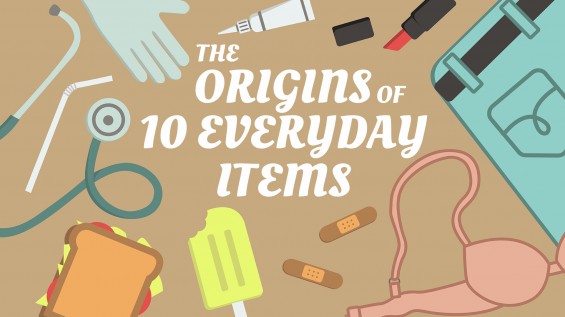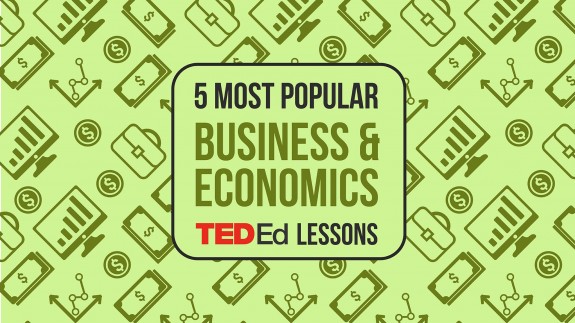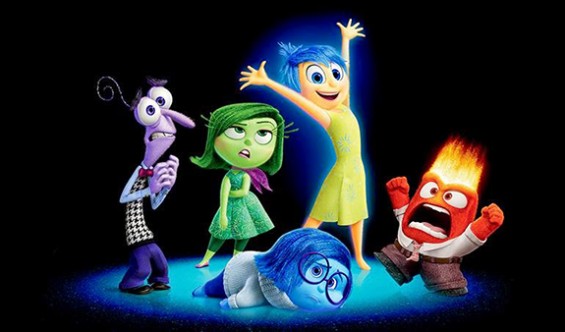
Top 5 most popular business & economics TED-Ed Lessons

Are you interested in learning more about how money gets its value, or how economic bubbles build and then burst? Level up your working knowledge of business and economics with these 5 TED-Ed Lessons.
1. What gives a dollar bill its value?
The value of money is determined by how much (or how little) of it is in circulation. But who makes that decision, and how does their choice affect the economy at large? Doug Levinson takes a trip into the United States Federal Reserve, examining how the people who work there aim to balance the value of the dollar to prevent inflation or deflation.
2. How does money laundering work?
Money laundering is the term for any process that “cleans” illegally obtained funds of their “dirty” criminal origins, allowing them to be used within the legal economy. And the practice is about as old as money itself. But how does it actually work? Delena D. Spann describes the ins and outs of money laundering.
3. The paradox of value
Imagine you’re on a game show and you can choose between two prizes: a diamond … or a bottle of water. It’s an easy choice – the diamonds are more valuable. But if given the same choice when you were dehydrated in the desert, after wandering for days, would you choose differently? Why? Aren’t diamonds still more valuable? Akshita Agarwal explains the paradox of value.
4. What causes economic bubbles?
During the 1600’s, the exotic tulip became a nationwide sensation; some single bulbs even sold for ten times the yearly salary of a skilled craftsman. Suddenly, though, the demand completely plummeted, leaving the tulip market in a depression. What happened? Prateek Singh explains the peak of a business cycle, commonly referred to as a mania.
5. How exposing anonymous companies could cut down on crime
Companies are artificial entities created to allow real people to do business. But, unfortunately, there are some types of companies that aren’t engaged in any business at all. Instead, these anonymous companies exist mainly to disguise people doing things they’d rather not have the public know about. Global Witness explains how anonymous companies are used to cover up crime and corruption.



